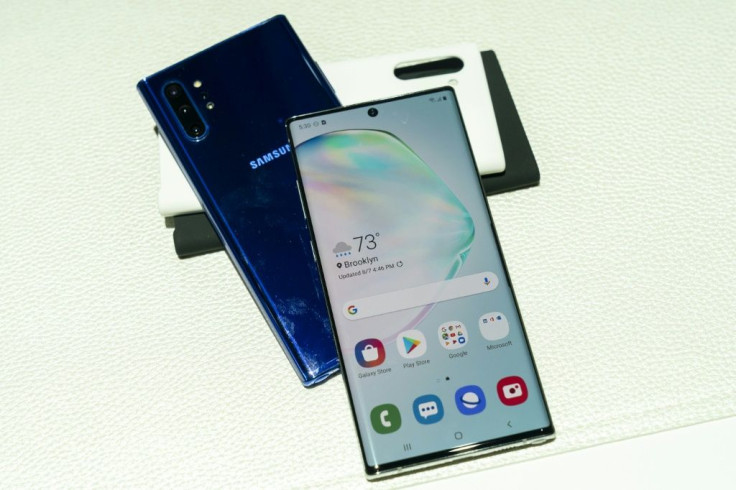Samsung's Q3 Profit Down 56% From Last Year

Samsung Electronics Co., Ltd., the world's largest manufacturer of semiconductors and consumer electronics by revenue, said on Tuesday that it expects its operating profit from July to September to plunge by at least 56 percent compared to the same period in 2018.
Operating profit for Q3 is expected to come in at $6.43 billion (₩7.7 trillion), slightly higher than a Refinitiv Smart estimate of $5.9 billion (₩7.1 trillion), but down 56.2 percent from a year ago. Samsung Electronics said its consolidated sales for Q3 fell 5.3 percent to $51.8 billion (₩62 trillion).
It estimated its overall sales rose 10.5 percent month-on-month, however. Both the sales and operating profit figures exceed market expectations of $5.1 billion (₩6.15 trillion) and $5.9 billion (₩7.1 trillion), respectively.
The dismal Q3 results are the fourth consecutive quarter of disappointing results for the firm. Analysts said this latest round of bad news comes amid a continued slump in the global chip market.
Samsung Electronics has struggled since late 2018 as a weak global economy and slower spending from data center customers ended a two-year boom in the memory chip market. The drop is significant since Samsung makes around two thirds of its entire profit from the memory chip market.
The plunge is also another troubling indication Samsung Electronics hasn't overcome its massive loss of market share in China and its insistence on developing pricier phones in a market now leaning towards cheaper models such as those produced by Chinese competitors, Xiaomi and Oppo.
Samsung once owned the Chinese market for smartphones. It held a 20 percent market share back in 2013, but saw that dominance plummet to just 1% in 2018. Blame this mammoth fall on its Chinese competitors coming out with cheaper but feature-rich phones and Chinese patriotism.
The disappointing Q3 numbers are hardly any different from Q1 when Samsung Electronics reported even worse results. In Q1, Samsung Electronics said its operating profit fell more than 60 percent due to sinking prices of memory chips and display panels.
Analysts noted that three major factors are hindering the company's ability to bounce back: an excessive focus on quality and complex features, massive costs and the absence of a leader after its dynamic Chairman, Lee Kun-hee, was sidelined since 2015 due to health issues.
Lee was also instrumental in propelling the company's rise due to his bold decision making on matters like capital investment.

© Copyright IBTimes 2025. All rights reserved.





















